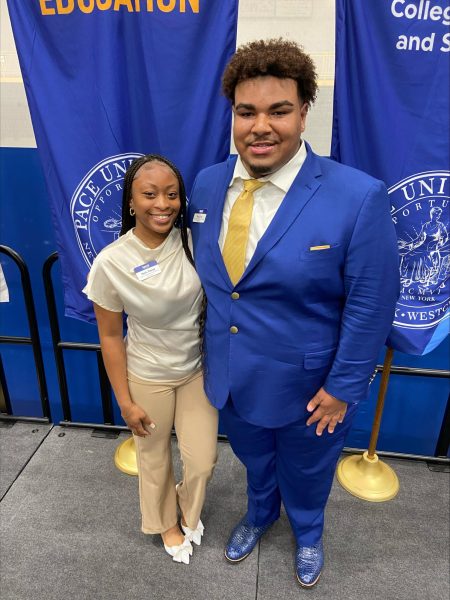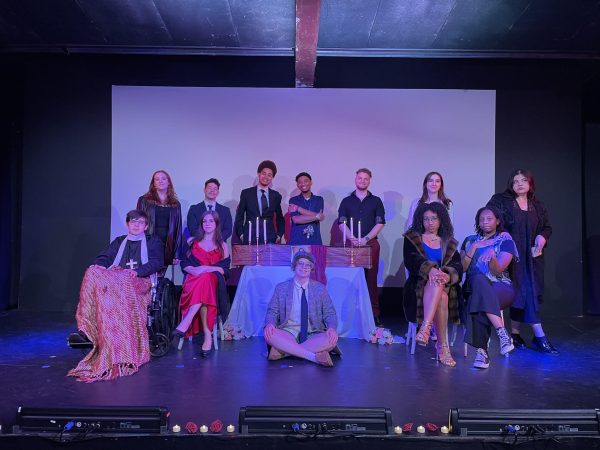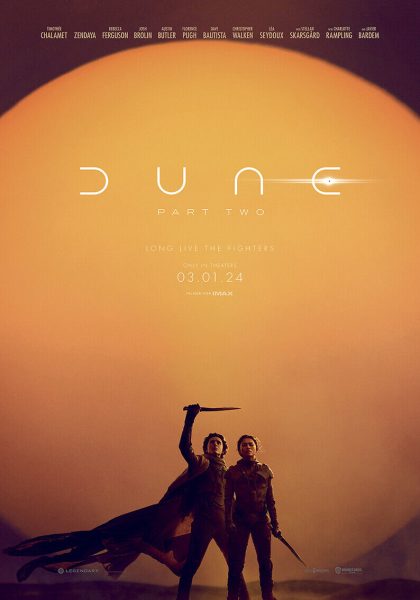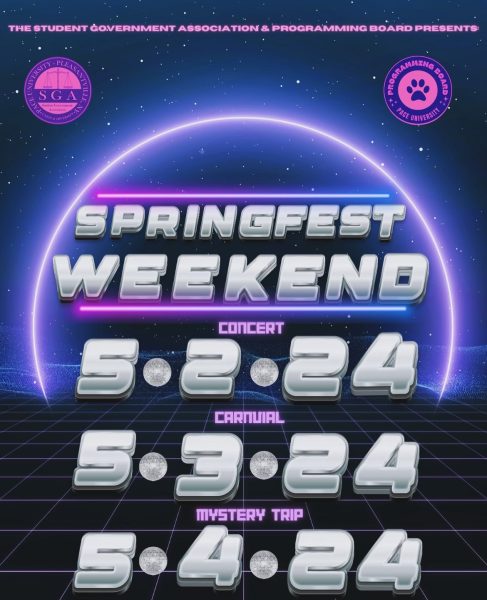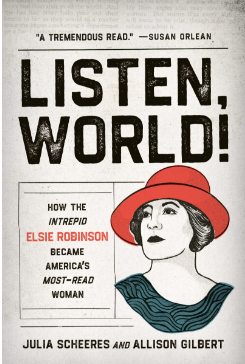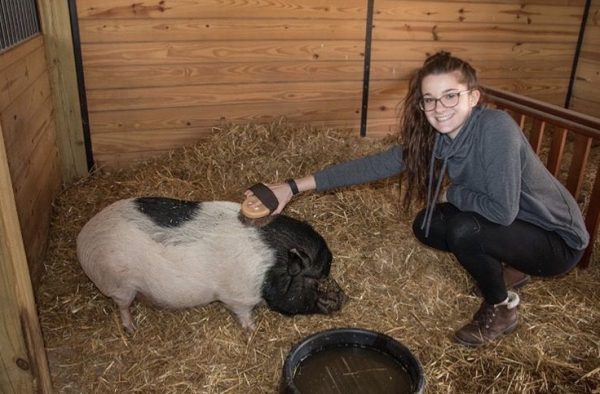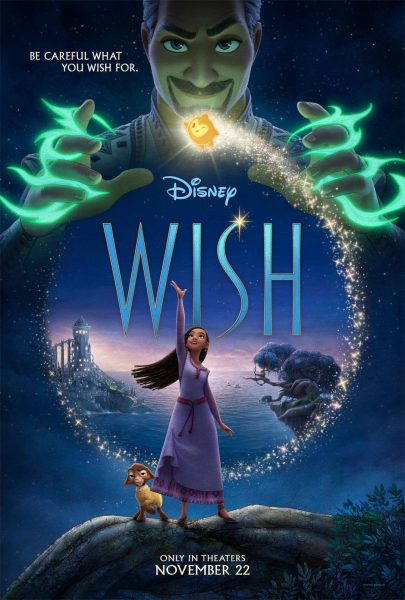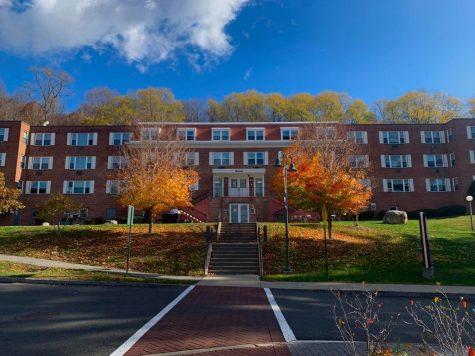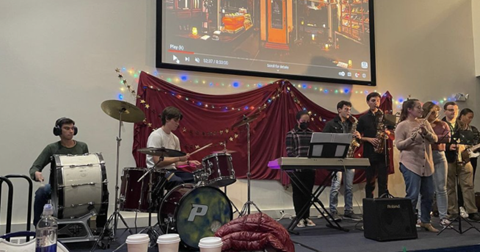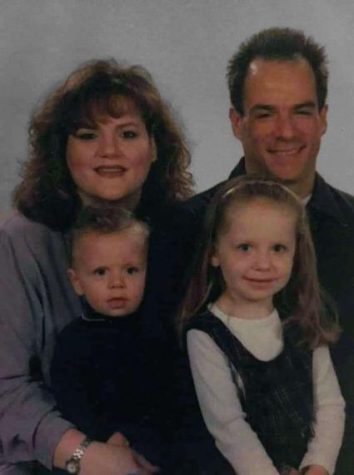Delta Phi Epsilon’s upcoming ANAD Week
February 16, 2020
From February 24 through the 28, Pace University’s chapter of Delta Phi Epsilon sorority (D Phi E) will be hosting a series of events to raise money and awareness for their philanthropy, the National Association of Anorexia Nervosa and Associated Disorders (ANAD).
They will be tabling in Kessel during common hour Monday through Wednesday and then again on Friday, hosting activities such as “No Make-Up Monday” and “Trash Your Insecurities”. Other events during the week include a dance class in the Wilcox MPR at 9 pm on the 26th, a vigil for those suffering from eating disorders in the Butcher Suite at 7 pm on the 28th, and the ANAD Fashion Show in Gottesman at 9 pm on the 27th.
Sophomore Shannon Yodice, one of D Phi E’s ANAD chairs, describes this show as one of the sorority’s biggest annual events.
“Planning this event was a lot of fun,” Yodice said. “It involved getting our decor, finding participants, judges, deciding what rounds will be included, what questions to ask contestants and more. Overall, it’s really fun and nice to know all proceeds go directly to ANAD.”
This year’s fashion show will consist of three rounds. In the first, contestants will dress in an outfit that they feel describes them. In the second, they will “dress to impress”. The third round is D Phi E themed; contestants can wear purple and gold (the sorority’s colors) or anything unicorn related (unicorns are the sorority’s mascot).
Throughout the show, contestants will be asked questions about D Phi E and ANAD. They will be given jars for collecting money, and whoever raises the most will receive bonus points. Two winners–one male and one female–will receive $25. Students interested in participating can reach out to Yodice at [email protected] or her co-chair Gabriella Cordone at [email protected], or they can sign up at the tabling event on Monday.
D Phi E has been affiliated with ANAD since 1985. The sorority’s core values are justice, sisterhood, and love, and according to Yodice, they strive to empower others through leadership and service. These values align with ANAD’s efforts in advocating for healthy bodies, behaviors, and attitudes and prioritizing the individual over their appearance.
In 1976, Vivian Hanson Meehan, a nurse from Illinois, founded ANAD after a family member was diagnosed with Anorexia Nervosa. Meehan tried to find information and resources for them, but nothing turned up, and experts told her that “Anorexia Nervosa is so rare that there are probably no more than 2000 cases of Anorexia Nervosa in the United States – you are wasting your time.”
Meehan put these “experts” to the test; she took out an ad in a local paper asking those searching for information and support to reach out and received eight responses. When a national magazine picked up the story, she got thousands of calls and letters. She opened the first help line and referral service for eating disorders in the nation. The support group that Meehan ran out of her home branched out to establish groups across the country.
Today, ANAD is in its third generation of leadership both at the Executive Director and Executive Board level. It continues to offer free support, awareness, advocacy, referral, education and prevention services. Its current leaders are seeking to increase ANAD’s online presence and institute new programs, such as Grocery Buddy, Recovery Mentorship, and a YouTube Recovery Channel.
To people of all ages and genders suffering from eating disorders, Yodice would like to say, “take comfort in knowing Delta Phi Epsilon supports you. We work to show to people struggling that they are absolutely strong enough to overcome what they are going through. Take it day by day!”
A Pace student who wishes to remain anonymous battled an eating disorder in middle school, and they would like to share the following words of encouragement:
“This kind of thing sucks. Trust me, I know. Recovering from my anorexia was one of the hardest things I’ve ever done. And while it may seem kind of silly that one of my toughest battles involved convincing myself that it was okay to eat french fries and chocolate again, body image and the concept of outer beauty can be difficult to make peace with. And sometimes the bad guys that come from within are the hardest to defeat. But I survived, and I believe that you can too. Healing takes time, and there will be many ups and downs, but if you keep fighting, all that comes after will be worth it. You are worth it. I wish you all the luck on your journey towards health and freedom.”
For more information about ANAD, people can visit their website at https://anad.org/.




